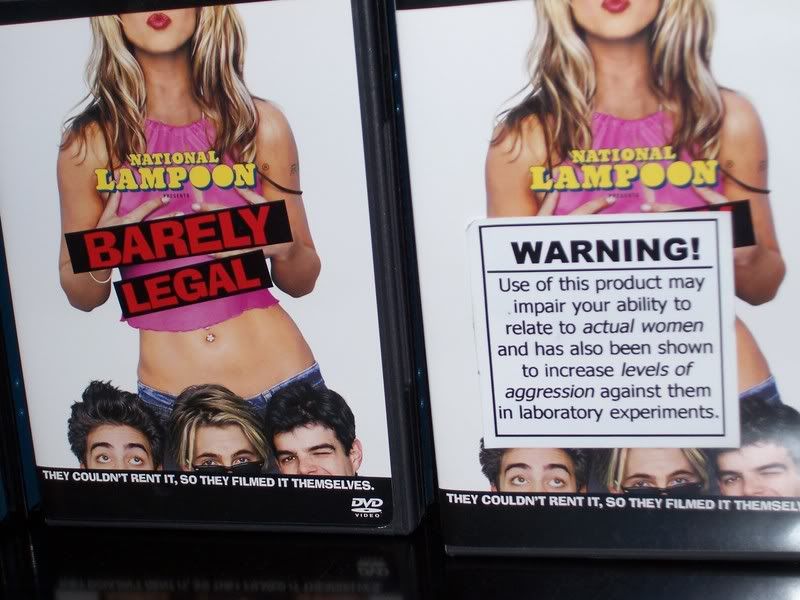The managerial aspects of government accountability have been under intensely close scrutiny since the explosion of the sponsorship scandal, but the problems date back further. When Auditor General Sheila Fraser tabled a report in 2002 examining questionable government accounting tactics in the gun registry cost sheets, part of her scathing criticism revolved around the fact that officials in the Justice Department failed to carry out any internal audits or provide “value for money” assessments.[i] While the Justice Minister is ultimately responsible for the behaviour of the people and actions undertaken in his department, the public servants in Justice failed to meet their accountability obligations of ensuring that public monies were being wisely spent.
It is with that backdrop Martin proposed the creation of an independent ethics commissioner to report to Parliament. The proposal included numerous measures to ensure the strengthening of ministerial accountability, holding the prime minister and Cabinet to a “higher standard of reporting” via a guide providing “personal directions to the government on democratic reform and integrity.”[ii] Unlike the previous accountability regime, which was a mechanism of the government that reported to the government, Martin’s concept would see a commissioner independently anointed and his reporting would be to all of Parliament, ensuring greater transparency and stronger reporting to prevent the type of backroom tactics that had permitted the wrongdoings perpetrated under the sponsorship program.
. . .
The final pillar of Martin’s democratic reform platform involved the creation of an independent ethics commissioner who would report to all of Parliament. Previously there had been a counselor who report to the prime minister, but the position lacked true independence and accountability. Thus it was a momentous occasion when Martin delivered on his promise very early in his mandate. The powers of the ethics commissioner are wide-ranging, and include authority in areas of conflict of interest between an MPs public and private interests, public disclosure, and ensuring that parliamentarians behave according to the highest standard of ethics. The extent of his authority includes the ability to refer an inquiry to the “proper authorities” (i.e. the RCMP) if there are sufficient grounds to suspect an MP has broken the law.[iii]
The announcement of Bernard Shapiro, former principal at McGill University, was met with initial positive response, but there have been obstacles. During an appearance before Parliament’s Ethics Committee, Shapiro confessed that he was “learning as [he goes] along,” prompting criticisms across the spectrum.[iv] The idea of an ethics commissioner who does not fully understand the concept of ethics is indeed troubling, particularly in the wake of the sponsorship scandal. While all the parties agree that the position of the commissioner is valuable and will go a long way towards restoring accountability and credibility to Parliament, the particular choice of Shapiro leaves room for improvement in the future. Nevertheless, Martin achieved something of great consequence with the creation of the commissioner, and it arguably stands as the greatest achievement in paying down Canada’s democratic deficit.
It appears as though, after a year of pressuring Shapiro to resign, Harper is now at a point where he can act to improve the mechanism of ensuring ethics and accountability in Parliament. It remains to be seen whether he will appoint a replacement or if he will use the opportunity to scrap Martin's ethics regime and implement the measures that were discussed and approved in the Federal Accountability Act. If it is the latter, it will be yet a further diminuition of Martin's legacy as Prime Minister, something which I have no doubt Harper is all too happy to pursue. A thought popped into my head earlier today that he may reach out and select Ed Broadbent for the position, which is something guaranteed to win NDP approval and perhaps encourage some horse-trading on other key components of the Harper agenda. Remember, all Harper needs to get any legislation through Parliament is the agreement of any one of the opposition parties. The next move, and the immediate future of Canada's parliamentary ethics regime, is in the hands of the Prime Minister.
[i] CBC News, “In Depth: Canadian Government – Role of the ethics commissioner,” 10 June 2005. CBC 16 Oct. 2005.
[ii] C.E.S. Franks, “Parliamentarians and the New Code of Ethics,” Canadian Parliamentary Review 28.1 (2005), 16 Oct. 2005
[iii] CBC News Staff, “Ottawa accused of hiding true cost of gun registry,” 4 Dec. 2002. CBC Website. 13 Oct. 2005
[iv] Office of the Prime Minister, “Ethical Conduct,” 22 Dec. 2003, Prime Minister of Canada Website, 13 Oct. 2005





